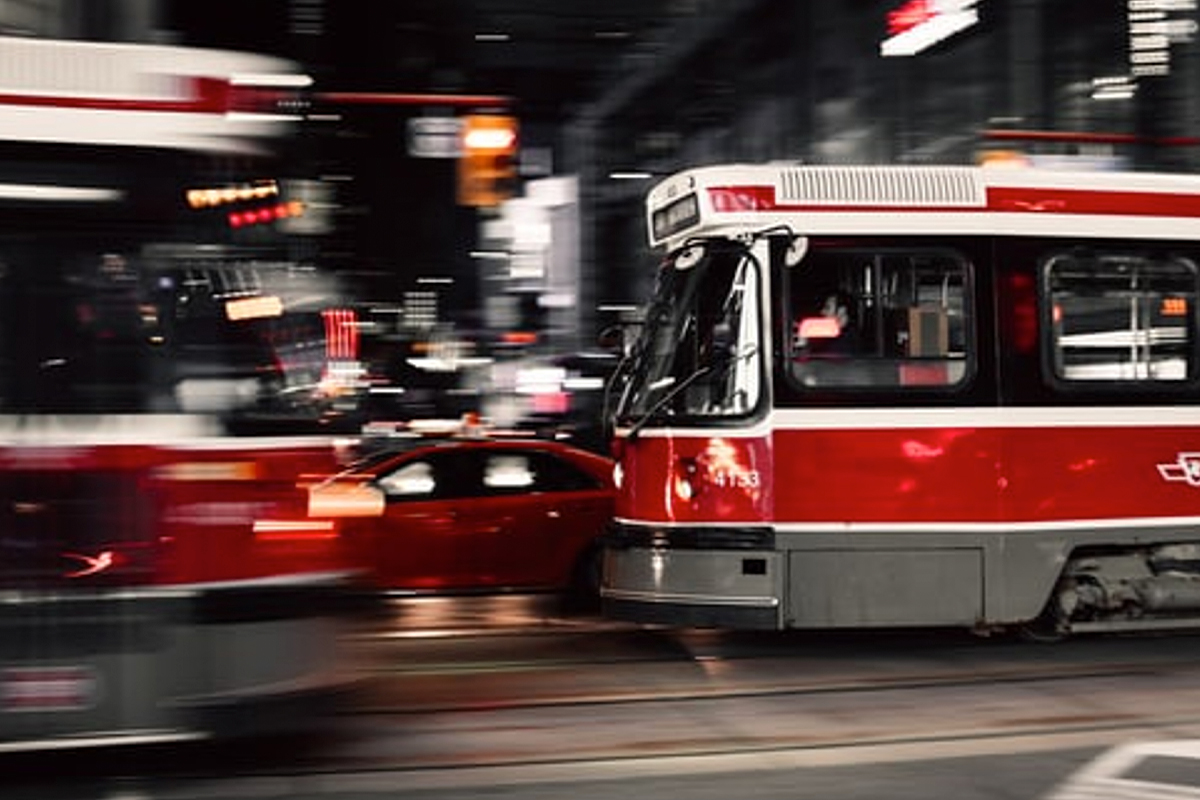
To ensure cities have healthy, safe, and efficient transport systems during the COVID-19 pandemic, the World Health Organization (WHO) has developed measures to be used by nations to curb the spread of infections and create a shift towards developing sustainable transport systems in urban areas. These measures are presented in WHO’s informational document, Supporting healthy urban transport and mobility in the context of COVID-19. The report outlines the roles that governments, transport providers, and commuters can play to help achieve this goal.
Firstly, national and local governments play a vital role in ensuring that commuters and transport providers are aware of the regulations and measures in place to reduce the spread of COVID-19. They enforce these regulations through mandating the disinfection of vehicles, buses, and trains, through ensuring that hygienic practices such as physical distancing are in place at bus stations, and by encouraging walking and cycling as alternative means of transport. Governments can enhance these practices by providing subsidies and cost sharing initiatives that will promote adherence to these measures. In Botswana, for example, due to a lack of cost-sharing initiatives, drivers have oftentimes resorted to disregarding government stipulations of reducing vehicle capacity and increasing disinfection of vehicles because of the financial impact these rules have had. As important as it is to put protective measures in place, it is even more important that significant education and support is given to the people to ensure the sustainability of these measures.
In the report, transport providers are encouraged to ensure that vehicles are cleaned and disinfected as required, and that passengers adhere to hygienic practices such as wearing of masks when boarding vehicles. Due to lockdowns, curfews, and reduced movement, these transport providers are left to struggle with the consequences of reduced income without any government help. They need ample financial support in order to enforce these protocols and ensure the sustainability of these measures.
WHO also encourages commuters to avoid moving around when unwell, to adhere to good hygiene and respiratory practices, and to ensure physical distancing and comply with government regulations to reduce the spread of infection. One notable suggestion is for commuters to adapt to alternative sources of transport such as walking and cycling. Not only does this contribute positively to climate change, but it also helps develop a more active physical lifestyle in individuals, which is a catalyst for improved health and well-being. It is important to note that although walking and cycling are to be prioritised where possible, individuals who need to travel long distances are at a disadvantage if they do not own private cars.
In Botswana, the preventative measures recommended by WHO that have been adopted have proved successful in curbing the spread of COVID-19. It is evident that the measures found in this report are sustainable practices that will contribute greatly towards improving the quality of urban life, reducing emissions of air pollutants and greenhouse gasses, and reducing noise. For these programmes to be successful though, all stakeholders need to be proactive; both local and national governments, transport providers, and commuters have to work together to ensure their success. The involvement of employers cannot be underestimated as well. They need to develop a shifting method at places of work to avoid overcrowding at bus stations. A reliable transport system in the midst of a pandemic guarantees that we can have safe, healthy, and resilient transport systems in the future.
Supporting healthy urban transport and mobility in the context of COVID19. Geneva: World Health Organization; 2020. Licence: CC BY-NC-SA 3.0 IGO.
